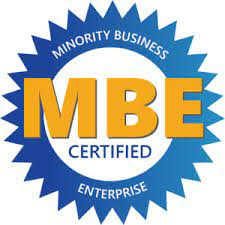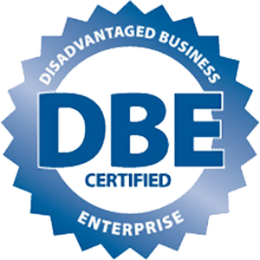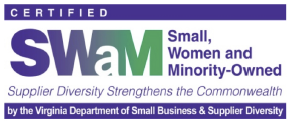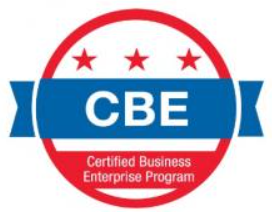New York, NY — The Mount Sinai Covid Lab has been selected as the testing partner for the MTA’s employee Covid-19 screening program, it told Crain’s exclusively.
The program involves individuals using Mount Sinai’s saliva-based testing kit, dropping off samples at predetermined sites; a logistics partner transports them to the lab at Mount Sinai Beth Israel in Gramercy Park. C-19 Safety First, a woman-owned organization serving the metropolitan area, has been tapped for the collection of samples. Verbosity, a Black-owned Virginia-based firm, is providing IT support and communication of results, typically within 24 hours.
The MTA had been working with two other commercial labs for Covid-19 screening, but a board member reached out to Mount Sinai this year on whether its service could address some logistic challenges, said Dr. David Reich, president of Mount Sinai Hospital. The contract was inked in August, and testing began in September.
The agency has an extensive area to cover, with stations stretching to Montauk and New Haven, Conn., and it needed a more efficient and cost-effective way of providing daily screening to employees at all locations, Reich said.
The MTA and Mount Sinai have worked out 650 locations in which employees can drop off samples, said Donald Carey, co-founder of C-19. Collection points include bus depots, subway stations and commuter rail stations. C-19 has subcontracted workers and has more than 200 people collecting samples daily, Carey said.
Mount Sinai’s testing service represents cost savings to the MTA, Reich said.
“We estimate it to be about half of what commercial labs would charge,” he said.
“There’s a high degree of automation with our process, where the more tests we do, the lower the overhead cost per test,” he said. “That model fits the high volume of tests needed by the MTA.”
The agency employs about 74,000 people. Mount Sinai has run more than 75,000 tests for the MTA, Reich said.
Mount Sinai’s self-service test also represents lower costs, as there is no need for personnel to swab workers, Reich said.
“The biggest expense when running such programs is people,” he said.
The contract value is variable over time, but “several millions” will have been transferred on work done so far, Reich said.
“MTA is in continual discussion with us on how to evolve the contract, and cost efficiency will continue to improve,” he said, adding that he expects staffing requirements to be reduced in the future.
Carey said he believes that Mount Sinai’s approach, which processes samples individually rather than via the pooled approach that some commercial labs use, represents a workflow efficiency for the MTA.
“In a pooled test, if one sample in the mix is positive, all individuals have to be retested again,” he said. “A pooled approach might not be the best for MTA, given their workers are on the front line and could be expected to have a higher positive test rate.”
MTA spokesman Michael Cortez said its testing program has been successful, and is among the most effective among national transportation systems. “This has resulted in increased safety for MTA employees, their families, neighbors and riders across the MTA network as evidenced by the MTA’s extremely low positivity rate.”
At the end of the day, Mount Sinai sees the contract as a way of doing public good.
“This is a government organization working with taxpayers’ money,” Reich said. “We’re obligated to be responsible stewards by providing them with the best quality solution at the best cost.” —Shuan Sim






